Google starts testing the new system `` FLoC '' that is criticized as `` worst '' on Chrome

by
Google is developing a new advertising mechanism using third-party cookies that are concerned about privacy violations. The API `` FLoC '', which is a candidate for a new mechanism, is said to be ``the worst '' by the Electronic Frontier Foundation, but Google continues to emphasize the importance of FLoC, and as of March 30, 2021 announced the launch of a developer origin trial on Chrome.
Privacy, sustainability and the importance of “and”
https://blog.google/products/chrome/privacy-sustainability-and-the-importance-of-and/
Google is testing its alternative to cookies for tracking web browsing
https://www.xda-developers.com/google-testing-alternative-cookies-web-browsing/
Advertisements on websites generally use third-party cookies to track users' Internet behavior and display content that is relevant to their interests. However, in recent years, the use of third-party cookies has been restricted as excessive tracking of user behavior is a violation of privacy. Google also announced in 2019 that it would ``remove third-party cookie support in Chrome within two years'', and at the time of writing the article, we are exploring an advertising mechanism that can replace cookies.
Google is considering using an API called FLoC for a new advertising mechanism. And on March 30, 2021, Google announced that it will start FLoC's developer origin trial. FLoC will first be tested with a small number of users in the United States, Australia, Brazil, Canada, India, Indonesia, Japan, Mexico, New Zealand, and the Philippines, after which it is expected to expand the test range.
Google has released the following movie about the mechanism of advertisement using FLoC.
Using a safety in numbers approach, we're exploring new ways to show you relevant content & ads without the need to track your activity as you browse, like third-party cookies might. One proposal we're currently testing is called Federated Learning of Cohorts, or FLoC. (1/4) pic.twitter.com/LRFP7qcj9V
—Chrome (@googlechrome) March 30, 2021
Third-party cookies track your internet activity to match relevant content and advertisements displayed on our website.
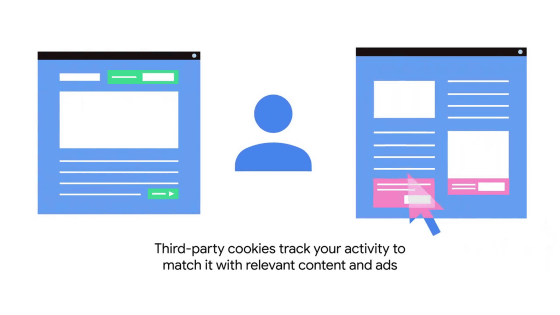
However, this is a privacy issue, and Google is trying to come up with a better way.
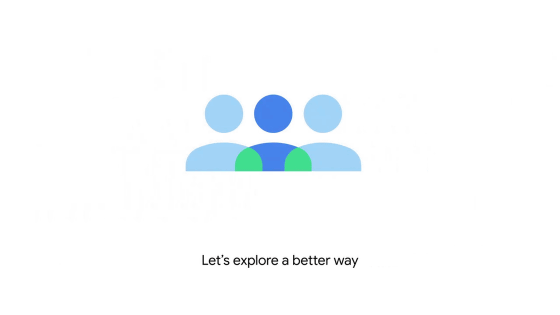
It's an 'approach that groups together many people browsing similar sites.'
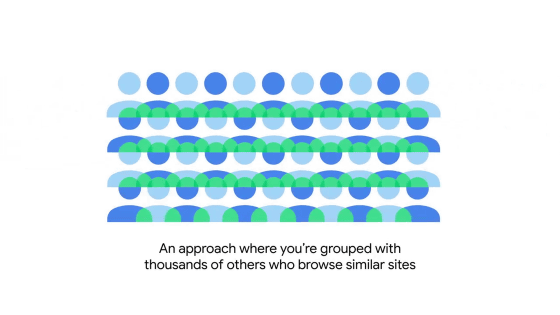
Websites display relevant content and advertisements based on 'group interests'.
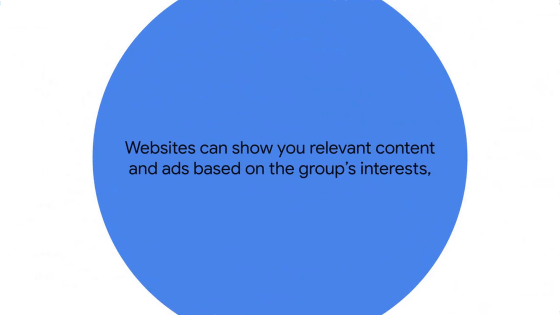
You don't need to know about the 'person' for this.
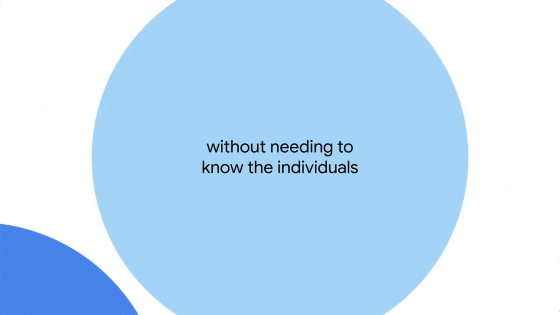
'Groups' are large enough to allow users to blend in with the crowd.
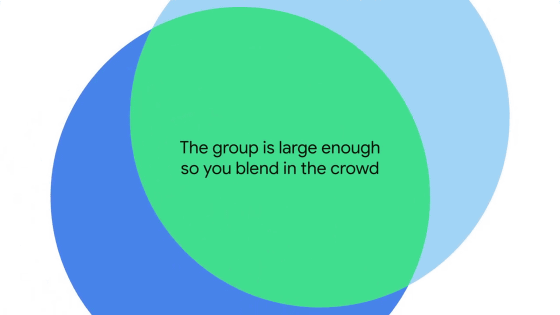
No browsing history is left on your browser or device.
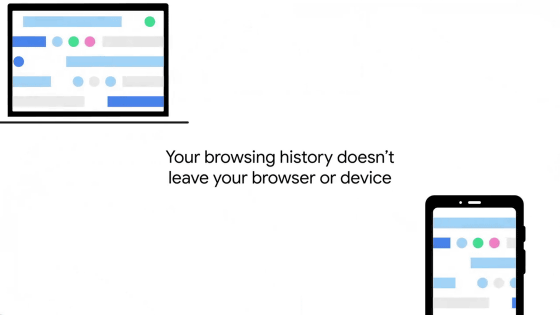
This is FLoC.
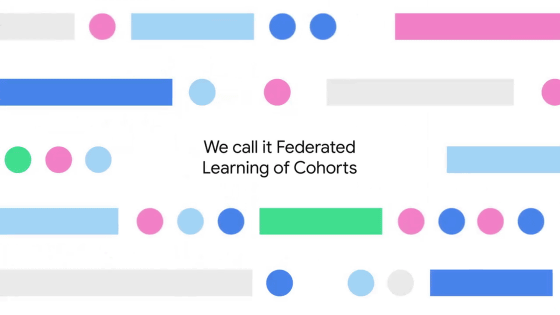
In a blog, Google pointed out that advertising companies other than Google are trying to create ``user identifiers other than cookies'' as a new mechanism to replace third-party cookies. Although identifiers called fingerprints do not use cookies, unlike FLoC, they still track individual users, so they continue to have privacy issues. Google emphasizes its commitment to improving privacy and developing mechanisms that enable publishers to continue to grow their business.
Although Google has stated that it will not track 'individuals', it has also clarified that it will continue 'user tracking' itself in a grouped state. In this regard, the Electronic Frontier Foundation points out that Google's direction of not stopping targeting advertising itself creates new privacy issues.
The Electronic Frontier Foundation points out that 'FLoC' that Google plans to introduce is the worst - GIGAZINE

Related Posts:
in Web Service, Video, Posted by darkhorse_log







